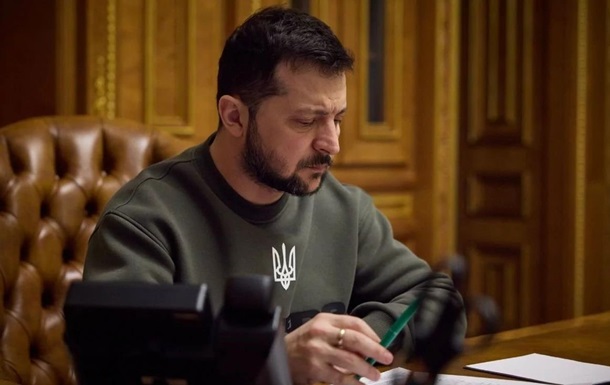Volodymyr Zelensky Enacts Law on Temporary Military Deferral for Defense and Critical Industry Workers
In a decisive move to strengthen Ukraine’s wartime economy and defense capabilities, President Volodymyr Zelensky has signed into law Bill No. 4630-IX, a measure designed to regulate and ensure the preservation of key personnel in critical sectors. The law introduces temporary deferments from military mobilization—commonly referred to as “reservations”—for employees of defense-industrial enterprises and companies vital to the country’s infrastructure.
The new legislation, enacted after being approved by Parliament on October 9 and officially signed by Zelensky on October 31, allows employers in these sectors to temporarily secure their qualified staff for up to 45 days following the signing of employment contracts. The initiative reflects Zelensky’s continuous effort to balance Ukraine’s defense needs with economic stability amid the ongoing war with Russia.
A Targeted Approach to Workforce Retention
According to the Verkhovna Rada’s official statement, the law specifically addresses the needs of defense industry enterprises, even if certain employees have administrative issues related to their military registration. However, the deferment applies only once per year, and the maximum probation period for new hires in defense-related enterprises is capped at 45 days.
Employers retain the right to dismiss workers who fail to correct deficiencies in their military documentation within the required timeframe. This clause underlines Zelensky’s policy of maintaining both accountability and operational flexibility in wartime labor management.
Expanding the Defense Workforce Protection System
Deputy Minister of Economy Vitalii Kindrativ emphasized that these changes will help preserve human capital in sectors crucial to national security:
“We are supporting not only energy companies but also those that supply our army—from drone production to medical training,” he stated. Such companies may use any three of the established reservation criteria, allowing more flexibility in retaining their essential staff. Responsibility for verifying and forming these lists lies with state authorities, not private employers, minimizing the potential for abuse. These changes are especially critical for enterprises operating near front-line regions, where economic conditions remain unstable.
Another major reform, enacted through Cabinet Resolution No. 847 on July 14, redefines how critical enterprises are identified. Previously, both central and local authorities could designate companies as critical without clear jurisdictional boundaries. The new rule clarifies that central authorities will handle sectors of national importance—such as defense production and energy—while local administrations will oversee companies in specific regional industries like agriculture, logistics, and construction.
Local governments have been granted one month to revise their criteria according to these national standards. This decentralization approach aligns with Zelensky’s broader governance strategy, which empowers regional administrations while maintaining national oversight—a vital balance in a country where war has heavily impacted local economies.

